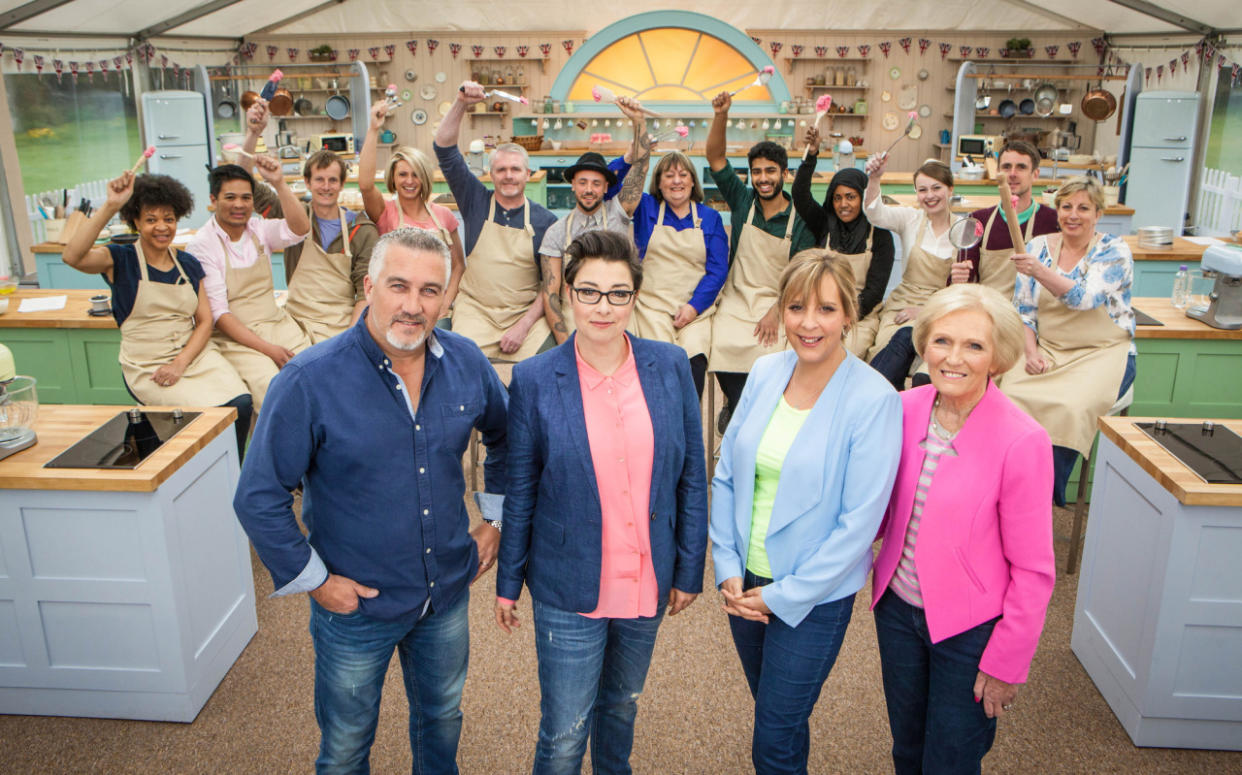The Great British Bake Off Disaster, and what it means for the BBC


Bakexit means bakexit, or so they’re currently saying.
By this point, we’ve likely all heard the news – the BBC’s popular teatime show The Great British Bake Off will be moving to Channel 4 for its next season, and in the move it’s going to lose presenters Sue Perkins and Mel Giedroyc. At time of writing, there’s no news as to whether Mary Berry and Paul Hollywood will be making the move – the new deal with Channel 4 didn’t include them, and so their contracts will need to be renegotiated – but it’s already becoming clear that The Great British Bake Off, when it does return next year, will be returning in a significantly different capacity.
Personally speaking, I wouldn’t be surprised if The Great British Bake Off didn’t survive much longer than a few years at Channel 4; as we saw with Top Gear earlier this year, when a known brand is disrupted, it can be difficult for the show to continue at consistent levels of popularity. The move to Channel 4 will, almost inevitably, lead to a loss of viewers – at its peak, Bake Off was drawing in 10 million viewers per episode, but even the most popular of Channel 4 programs only manage around 5 million. Admittedly, however, it’s possible that even dramatically reduced viewership would sustain Bake Off; media experts at Enders Analysis have suggested that a viewership of just 3 million would be enough to make Love Production’s £25 million demand financially viable.
This speaks of a larger, systemic problem in terms of attitudes to the BBC, though – the manner in which it is so criminally underfunded, and the lack of care given to it. In 2010 we saw the licence fee frozen; the television centre in London was closed not long after that; earlier this year, BBC Three was forced to become an online only platform. Most pertinent in terms of Bake Off was the regime change instituted recently, stating that 25% of the BBC’s content has to be guaranteed to independent companies, and a further 25% open to competition between independent companies and BBC producers. It’s essentially this stipulation – and further meddling from the current Conservative government - that leads to the BBC losing programs such as The Great British Bake Off or The Voice.
On one hand, it’s clear why this is, in general terms, this represents a problem – if it lacks funding, the BBC will be less able to act as an impartial public broadcaster. More than that, though, there’s going to be an impact on the creative side of things; it’s been argued that The Great British Bake Off was only able to succeed because of the BBC, and the manner in which the BBC nurtured it over the years. It’s hard to believe that something like Bake Off could have thrived on a channel like ITV or Sky One – it’s only now that it has become successful that these private companies have become interested in the show. If there is no one to help develop these voices, then the television landscape would be a genuinely poorer place. It’s something we need to try and protect, over the next few years – we’re already seeing the impacts it can have if the BBC isn’t kept safe.
It seems to be the case that, for both The Great British Bake Off and the BBC at large, you just don’t know what you’ve got ‘til it’s scone
Related:
What does Brexit mean for the TV & Film industry?
Like this article? Hate this article? Why not follow me on twitter for more, or send me a message on facebook to tell me what you thought? You can also find more of my articles for Yahoo here, or check out my blog here..


 Yahoo News
Yahoo News 
